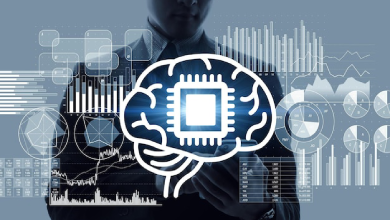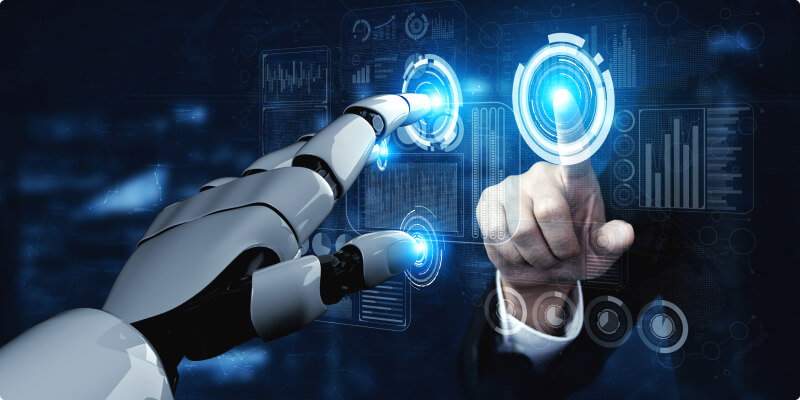How Machine Learning Works
At its core, Machine Learning utilizes algorithms to analyze vast amounts of data, recognize trends, and continuously improve performance. These algorithms are trained using different learning models:
-
Supervised Learning: The model is trained with labeled data, where inputs and outputs are predefined. This is widely used in fraud detection, medical diagnosis, and email spam filtering.
-
Unsupervised Learning: The system identifies patterns and relationships in unlabeled data, making it ideal for customer segmentation, recommendation systems, and anomaly detection.
-
Reinforcement Learning: The model learns through trial and error, optimizing decisions based on rewards. This is commonly applied in robotics, gaming, and self-driving cars.
Key Benefits of Machine Learning
1. Enhanced Decision-Making
Machine Learning processes massive datasets to generate actionable insights, helping businesses make data-driven decisions more accurately.
2. Automation & Efficiency
ML-powered systems automate repetitive tasks, reducing human effort and operational costs while increasing productivity.
3. Personalization & Customer Experience
ML enhances user experiences by understanding customer behavior and preferences, from personalized product recommendations to intelligent chatbots.
4. Predictive Analytics & Forecasting
Businesses can leverage ML to forecast trends, detect potential risks, and make informed business decisions in finance, healthcare, and marketing.
5. Fraud Detection & Security
Machine Learning helps identify fraudulent activities in real-time by analyzing transaction patterns and detecting anomalies, significantly improving security measures.
Applications of Machine Learning Across Industries
1. Healthcare
ML revolutionizes healthcare by improving disease diagnosis, drug discovery, and patient care management. AI-powered algorithms analyze medical records and imaging data to detect illnesses early and recommend treatments.
2. Finance
Financial institutions use ML for credit scoring, fraud detection, algorithmic trading, and customer risk assessment. Predictive analytics help make accurate investment decisions.
3. Retail & E-Commerce
Machine Learning enables personalized shopping experiences through recommendation engines, demand forecasting, and inventory management, leading to increased sales and customer satisfaction.
4. Manufacturing & Automation
ML-driven predictive maintenance helps manufacturers reduce downtime by predicting equipment failures in advance. AI-powered robots enhance efficiency and precision in production lines.
5. Marketing & Advertising
Machine Learning enhances digital marketing strategies by analyzing customer data, optimizing ad targeting, and automating content personalization to maximize engagement and conversions.
The Future of Machine Learning
As Machine Learning continues to evolve, it will play a crucial role in developing self-learning AI systems, advancing autonomous vehicles, and enhancing human-machine collaboration. With rapid advancements in deep learning and neural networks, businesses across all sectors can harness the power of ML to stay ahead in an increasingly competitive landscape.
Conclusion
Machine Learning transforms how businesses operate, innovate, and interact with customers. Organizations can optimize processes, boost efficiency, and unlock new growth opportunities by integrating ML-driven solutions. Whether in healthcare, finance, retail, or manufacturing, the potential of Machine Learning is limitless, shaping the future of AI-powered intelligence.











